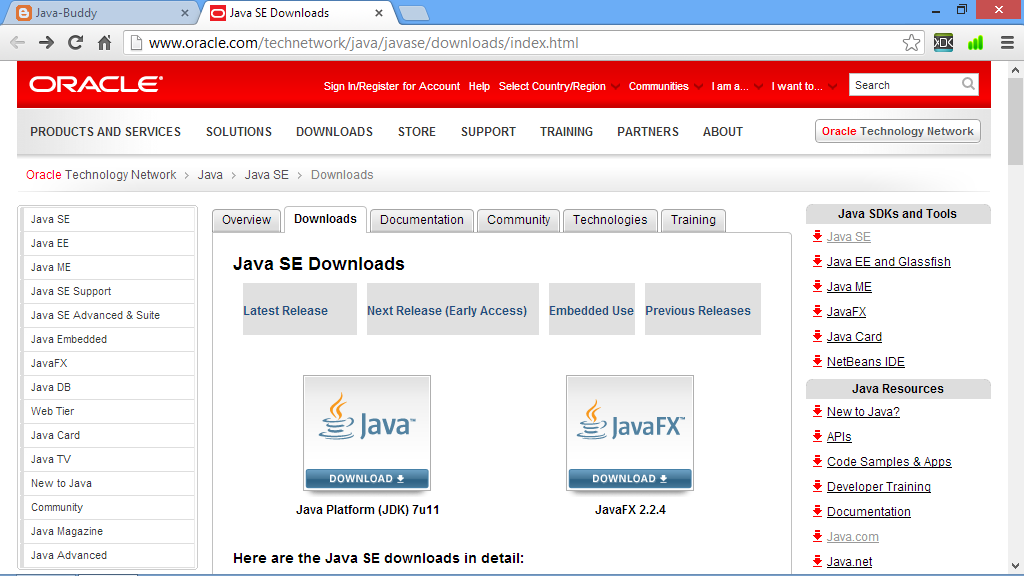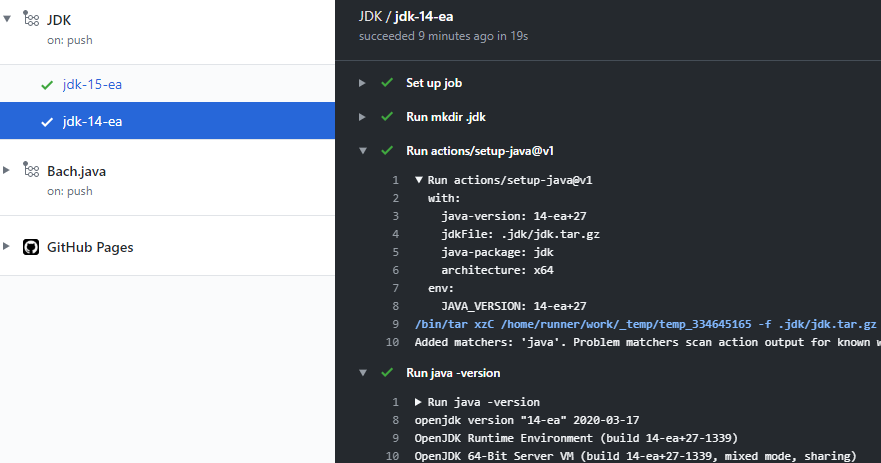
Importantly, its license ( GNU GPL license) meant that anyone could build their own JDK from the codebase and distribute it. This meant the OpenJDK project made the JDK codebase public and opened it up to external contributions from the likes of RedHat, BellSoft, Google, and others. However, the landscape started to change from 2006 onwards, when Sun (later acquired by Oracle) started to make the JDK available as open source software.

This was the obvious, and perhaps only choice. If Oracle makes Java, shouldn’t we use their JDK?įor many years Oracle provided their Oracle JDK, which most developers downloaded and used without issue in both development and production. Let’s get into some more details to help with your decision. Although since Java 9 another option is to create your own minimal JRE from the JDK using JLink.Ĭlearly, knowing which JDK to choose is important, but unfortunately there’s no simple answer. You may also need to install the same JDK in testing and production environments to run your Java software.

Here’s how that looks in IntelliJ IDEA: Download JDK dialog in IntelliJ IDEA For example, your IDE needs to be configured with a specific JDK so it can compile code. You’ll 100% need the JDK for developing Java applications.

The JDK, the Java Development Kit, is a software package comprising the tools needed for developing and running Java programs.


 0 kommentar(er)
0 kommentar(er)
